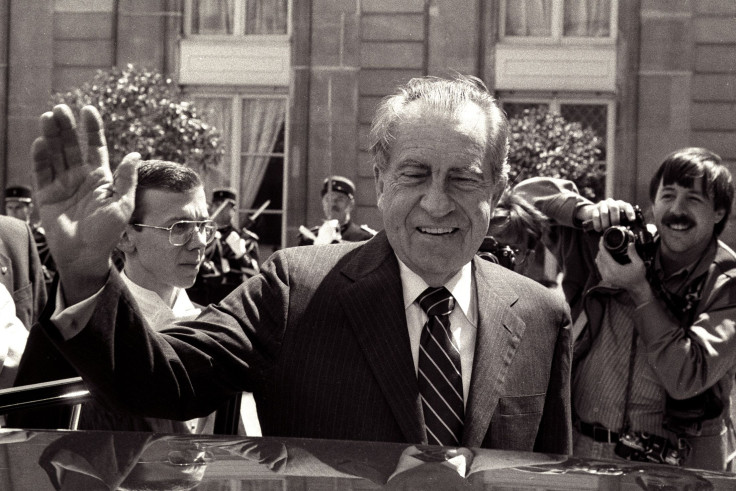Corruption In Government: Justice Department Sees Drop In Cases Against Corrupt Officials

Contrary to the common belief that corruption is on the rise within the U.S. government—a swamp desperately in need of draining, as some might say—prosecutions of corrupt officials fell markedly in the first five months of fiscal year 2017, accelerating a general two-decade decline, according to a report released Wednesday.
The number of corruption cases brought by federal prosecutors averaged about 33 prosecutions monthly over the five months leading up to March, the Transactional Records Access Clearinghouse, a Syracuse University data research organization found using numbers released by the Executive Office for U.S. Attorneys as part of Freedom of Information Act request. If the pace of corruption prosecutions were to continue for the remainder of the fiscal year as they have for the first five months, in which the number of new cases monthly averaged about 33, 2017 would mark a nearly 24 percent drop in the number of cases, to 394 from 515 in 2016.
Read: Who Is Seth Williams? Philadelphia DA Indicted On Corruption and Bribery-Related Charges
That number has long been trending downward, with small rises here and there. In 1997, the full-year total stood at over 800, and in 1998, around 900.
And while much recent corruption scrutiny has landed on governors, like Rod Blagojevich of Illinois and Virginia’s Bob McDonnell, only one in eight cases involved state governments. The biggest sources were local governments, with a quarter of prosecutions, and the federal government, with more than one in five, the report found.
Yet the image of the unscrupulous politician has prevailed, as Kim Long, the author of the 2007 book “The Almanac of Political Corruption, Scandals and Dirty Politics,” told the New York Times in 2014, right after the indictment of McDonnell and his wife on charges of corruption.
“There’s a large majority of voters who believe it’s just endemic,” Long said. “There’s no evidence that indicates it’s the case—zero.”
The conservative Heritage Foundation’s 2017 Index of Economic Freedom, for example, ranked the U.S. in 17th place on account of “the loss of confidence that has accompanied a growing perception of cronyism, elite privilege, and corruption have severely undermined America’s global competitiveness.”
The illusion of corruption-infested political system, however, may have consequences of its own. A January report by Transparency International, a global anti-corruption organization, which ranked the U.S. 18th on its 2016 Corruption Perceptions Index, found that the appearance of corruption “feeds populism.”
“When traditional politicians fail to tackle corruption, people grow cynical,” the report noted. “Increasingly, people are turning to populist leaders who promise to break the cycle of corruption and privilege. Yet this is likely to exacerbate—rather than resolve—the tensions that fed the populist surge in the first place.”
© Copyright IBTimes 2024. All rights reserved.





















